Welcome to our collaboration feature here at Wild Quiet Folk!
Substack is an endless source of inspiration, a cacophony of unique voices that can lead a reader through the weird, wonderful and wild.
Here, I have collaborated with other creatives to bring you their meditations on place, story and wilderness - the heart of Wild Quiet Folk. This series is in an interview format, but offering creative prompts rather than questions - the freedom is with the contributor, to respond in whichever way they see fit, be that words, photos, drawings, anything that enlarges rather than restricts.
Our contributor this month is
Morgan, a wonderful writer who I met when we both spent a week working on gothic novels in the Yorkshire hills with Arvon. Her first novel, Tandem, is a kind, funny, thoughtful depiction of loss and hope and her website, The Autistic Woman, is a really brilliant resource, so do click through to that at the end.Thank you for being here, and I very much hope you enjoy the below:
The last walk, or outdoor adventure, you went on
When my husband, TJ, and I want fresh air with a bracing uphill stomp and a perfect picnic spot but have only a couple of hours to spare, we take the ten-minute drive to Beck Wythop woods.
The strip edging Bassenthwaite (the only true lake in the Lake District) contains all the greens of my pencil box: forest, grass, emerald, moss and olive, a flash of jade, a splash of juniper. Even with the A66 running below, it’s a place to breathe deeply, gaze across the water and be at peace.
A celebration of season
I was born in summer. Perhaps that’s why bright sunny skies and long days fill my heart with hope. I love the way this picture, from a week TJ and I spent last August pottering on the Llangollen Canal, captures that mood. The snap of a window display in a local pet shop is also a joyous thing.
The things in your pockets
As long as I have a hankie, my door key and phone (used to take the picture and to pay for things), I know I’ll be okay. Carrying too much stuff makes me feel weighed down and anxious. What if something gets lost or damaged? What if it’s still not enough?
I’ve travelled to the USA and Australia hand-luggage only, and can get everything for a week’s wild camping, including food, in a forty-eight-litre backpack. Taking the minimum – and recognising it’s all I need – lightens the mental load.
A place that feels wild to you
High above Coniston Water in the southern Lake District, at the top of a track only a lunatic would attempt to drive, sits an old stone farmhouse. Now a holiday cottage, Parkamoor has no electricity or plumbing, but the loo – a sawdust-filled box in an outhouse – has one of the best views in England.
Drinking water comes from a pump in the barn, and when it rains, a river runs off the fellside, through the flag-stoned ground floor and out the front door. It’s a place of mis-matched crockery, rickety furniture and odd things in drawers, cosy, yet spooky, and ideal for drunken, after-dark games of Taskmaster. I love it so much, I’ve even set a (yet-to-be-finished) Gothic novel there.
A moment of care
I’ve spent most of my life in motion, dashing from one thing to another, trying to hide my fear of people and the world – what I used to see as my weakness – by being proactive, productive and as near perfect as possible. It took me more than fifty years to recognise the harm I was doing myself, even longer to discover what was actually going on. I’m not, and never was, weak or broken: I’m autistic, and that’s just fine.
Now, instead of hurrying to the next task or appointment, I’ve slowed right down. I no longer do things just because I think I should. I work for myself, not for others. Instead of trips to the gym and running 10k races, I go to yoga and do jigsaws. At last, the mask is off.
A place that holds history, yours or others
When people ask where I’m from, I struggle with what to say. I’ve lived in so many towns and cities. For almost twenty years, home has been in the English Lakes, but to those who were born here, I’ll always be an offcomer.
I see myself as an outsider, too – I’m not English, or even British. I’m a Scot in exile. I was born in Edinburgh, lived there until I was ten and returned for a few years in my late twenties. That makes it my home city, but it’s not where my heart is from. That place is North Berwick, a seaside town twenty-odd miles east on the Firth of Forth.
North Berwick is where Mum, Dad and I went for summer holidays, where we moved so I could finish primary school away from the city and go to the local high school. It’s where I learned to make friends – forced by Mum to trudge along the beach and introduce myself to other lone children – and taught myself to swim in the icy outdoor pool. It’s where I did my underage drinking, discovered sex, drugs and cigarettes. It’s the place I grew up.
A story you found in the land
The bench nestles unobtrusively among the trees of Beck Wythop woods: a curve of stone and slate to commemorate a life lived usefully. Wilfred Walton was head forester of Thornthwaite Forest, of which these woods are part. When TJ and I sit here with our cheese and pickle sandwiches, looking out over Bass Lake, I imagine Wilfred perched nearby, eating something similar, quietly enjoying the view.
The last thing you read and loved
Claire Chambers’ Small Pleasures had me in tears at the end, Lissa Evans’ Small Bomb at Dimperley was a delight from start to finish, and Bessel Van Der Kolk’s The Body Keeps the Score was fascinating, but the recent reading that’s stayed most firmly in my thoughts is Only Here, Only Now by Tom Newlands.
The harrowing yet funny and hopeful story of Cora, a girl with unrecognised ADHD growing up on a bleak Scottish housing estate in the Nineties, the endorsement on the cover from Roddy Doyle says it all: ‘This isn’t just a great first novel. It’s a great novel.
A small thing you learnt recently
I’ve been thinking a lot about diagnosis and misdiagnosis, and why so many women are forced to spend decades – sometimes entire lifetimes – trying to get to the bottom of why they feel so bad.
For years, author Elinor Cleghorn’s symptoms were shrugged off by doctors before she was finally diagnosed with lupus, a chronic condition that causes, among other things, agonising joint pain and exhaustion. Her story isn’t unusual. Throughout history, the male medical establishment has dismissed female pain as the product of wandering wombs or over-active imaginations.
In Unwell Women, Cleghorn highlights research showing that, even now, women seeking medical help are more likely than men to be offered tranquillisers and antidepressants than analgesics, and less likely to be referred for diagnostic testing – despite the fact we suffer disproportionately from painful chronic conditions. Not a small thing at all.
Alex Morgan is a journalist and author. Her memoir, Mothertongue – a meditation on memory, truth and love, triggered by the autism diagnosis she received in 2022 – was shortlisted in the flagship fiction/narrative non-fiction category of the 2024 Northern Writers’ Awards. It is currently on submission to agents.
She is the founder of www.theautisticwoman.co.uk, the UK’s only comprehensive online source of autism information for women – and others – written by an autistic woman. Her novel Tandem won the 2013 Hookline Novel Competition, and she is co-author of A Practical Guide to Camping (White Owl, 2022). She has every intention of finishing that Gothic novel one day.


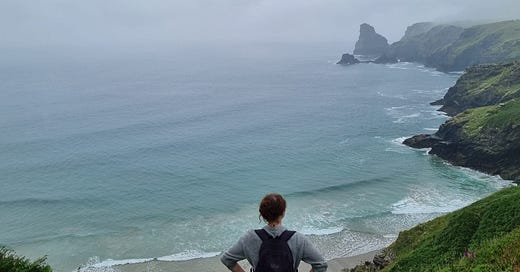



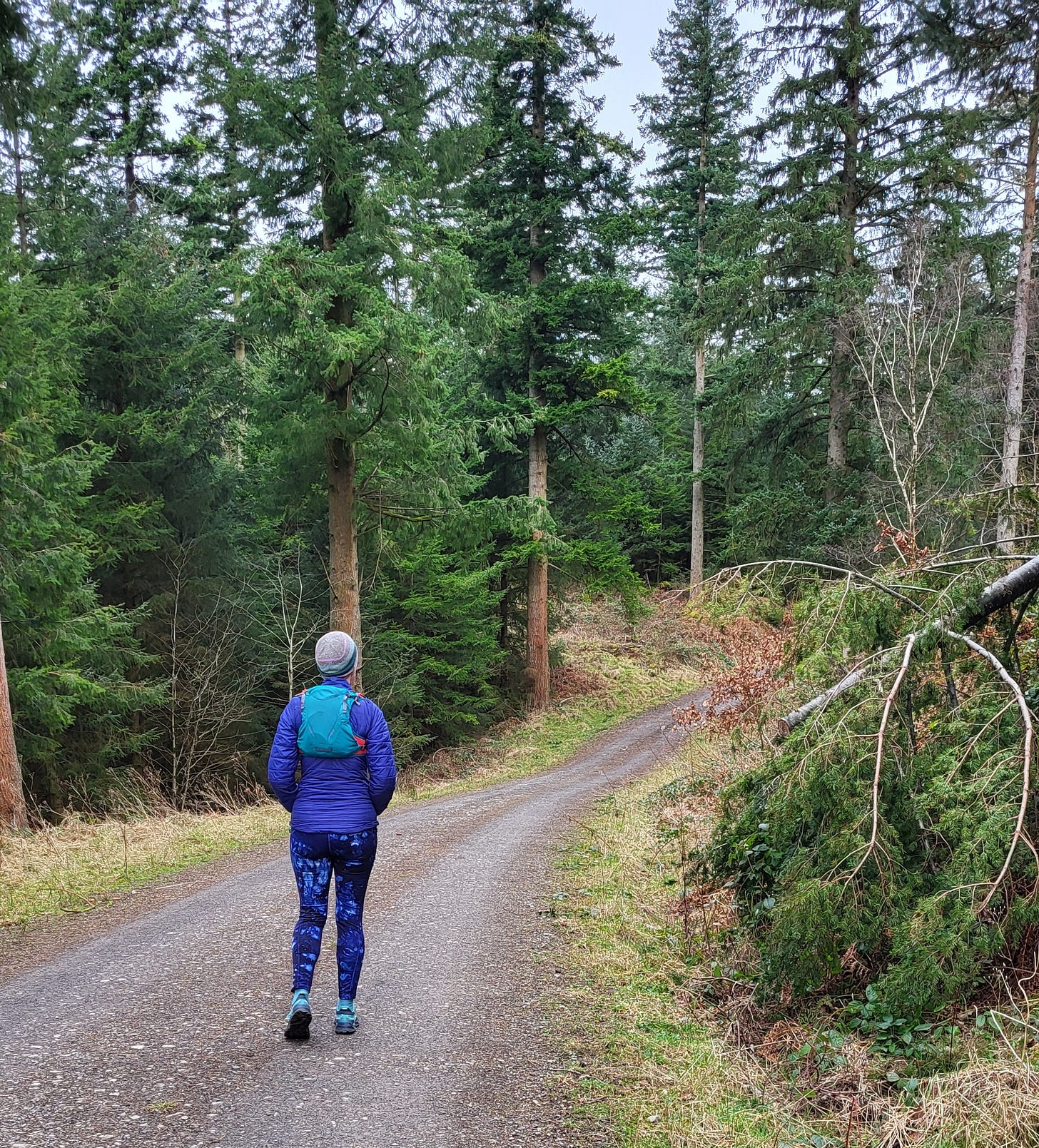
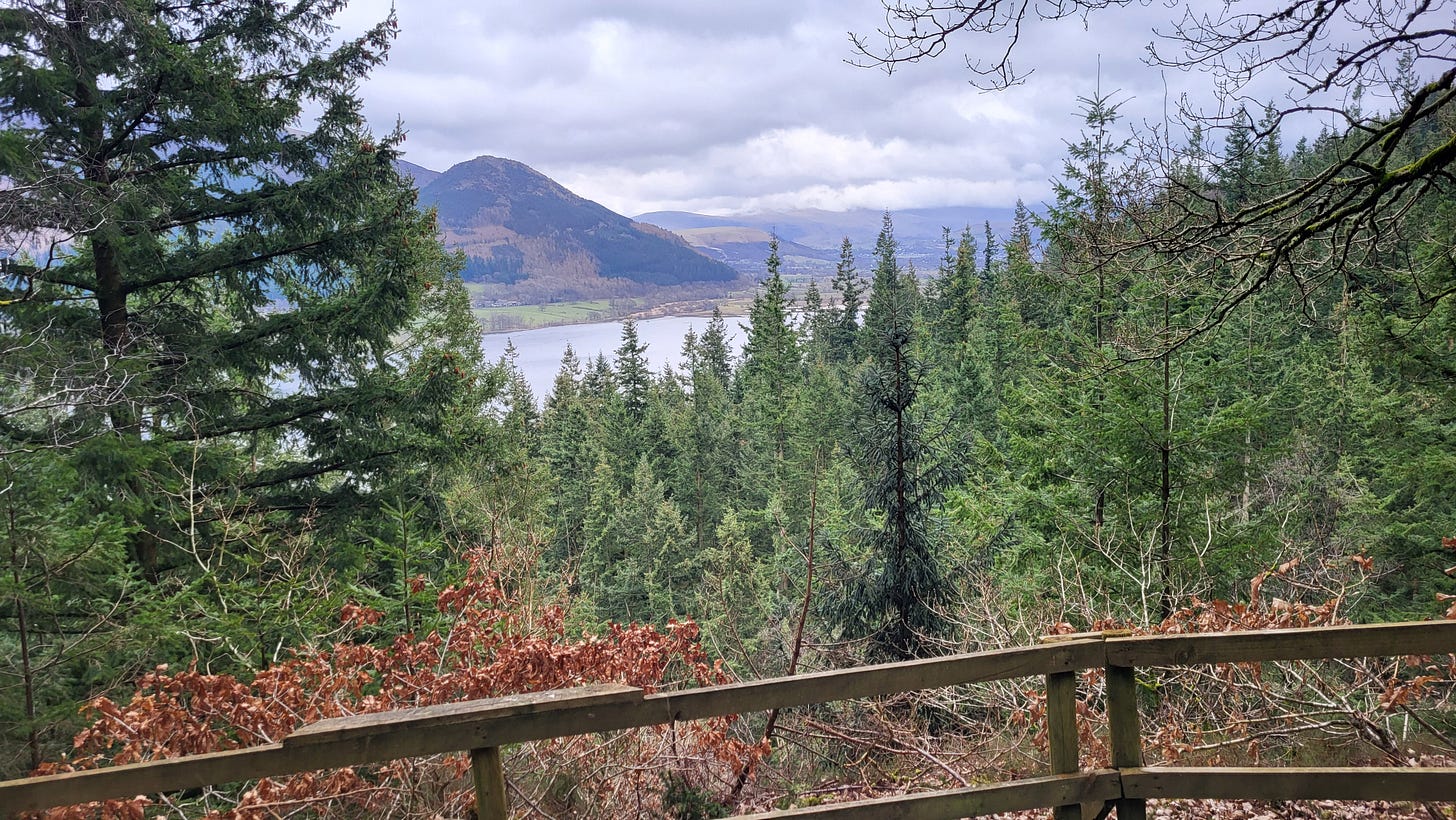
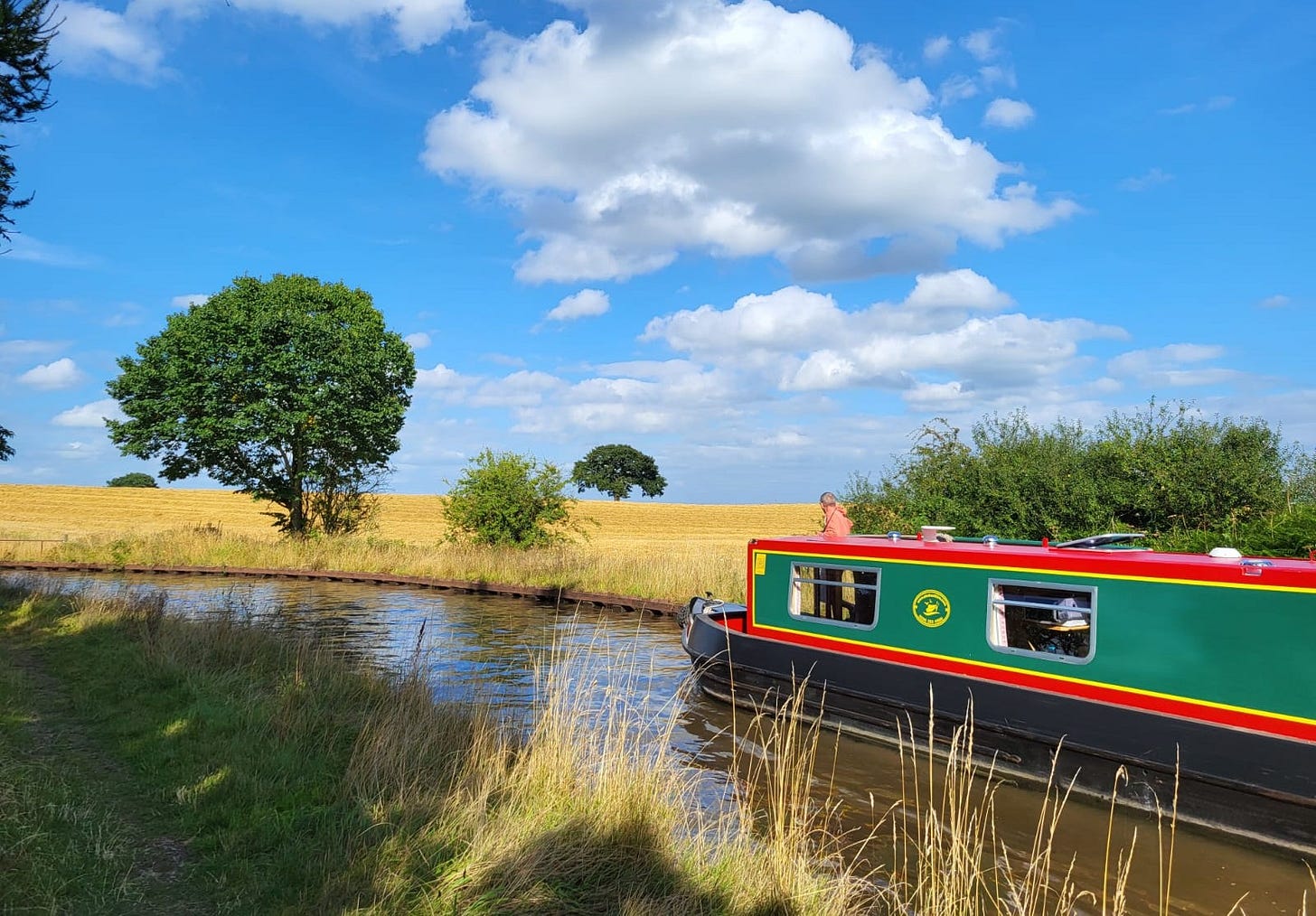
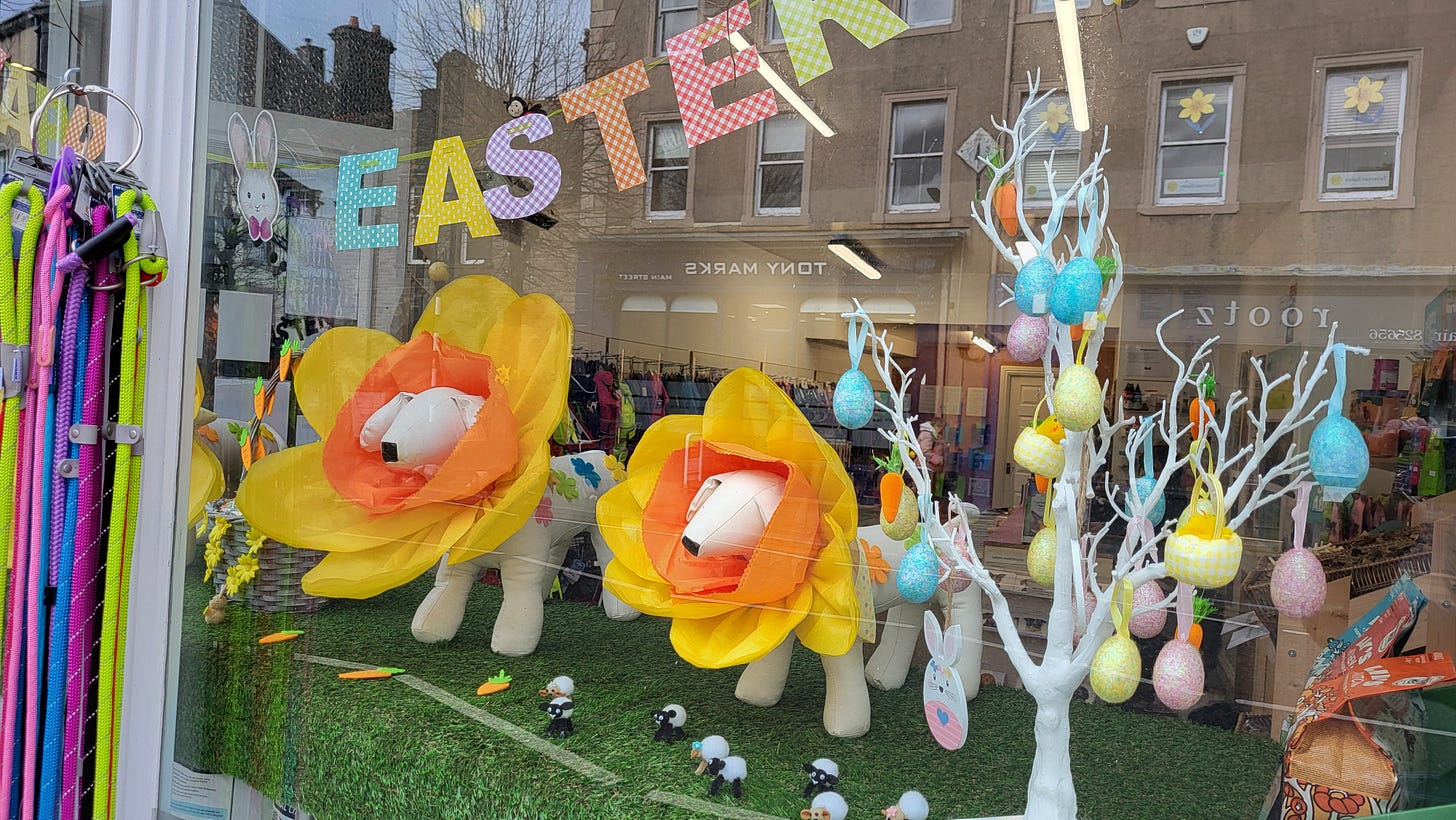
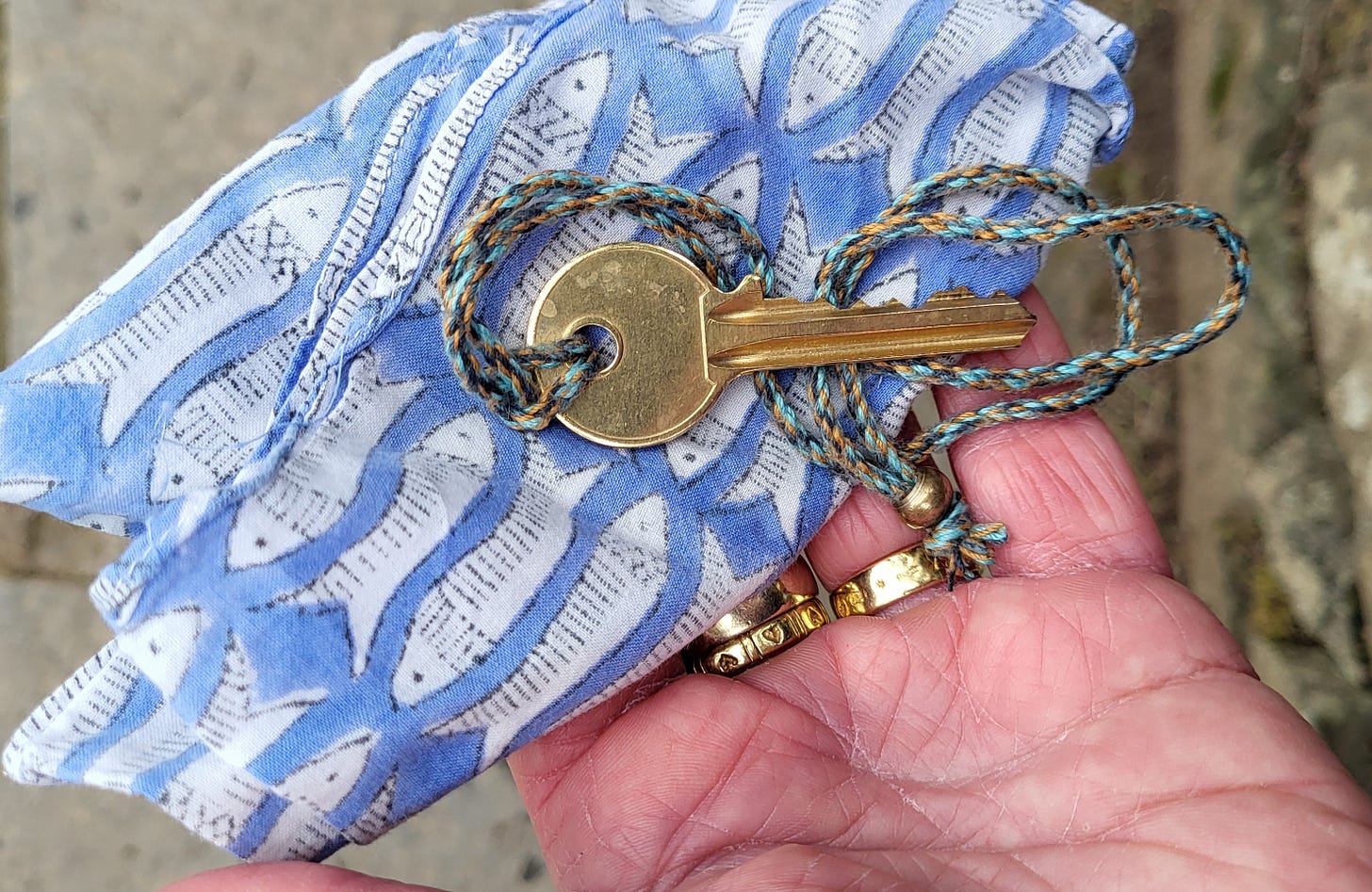
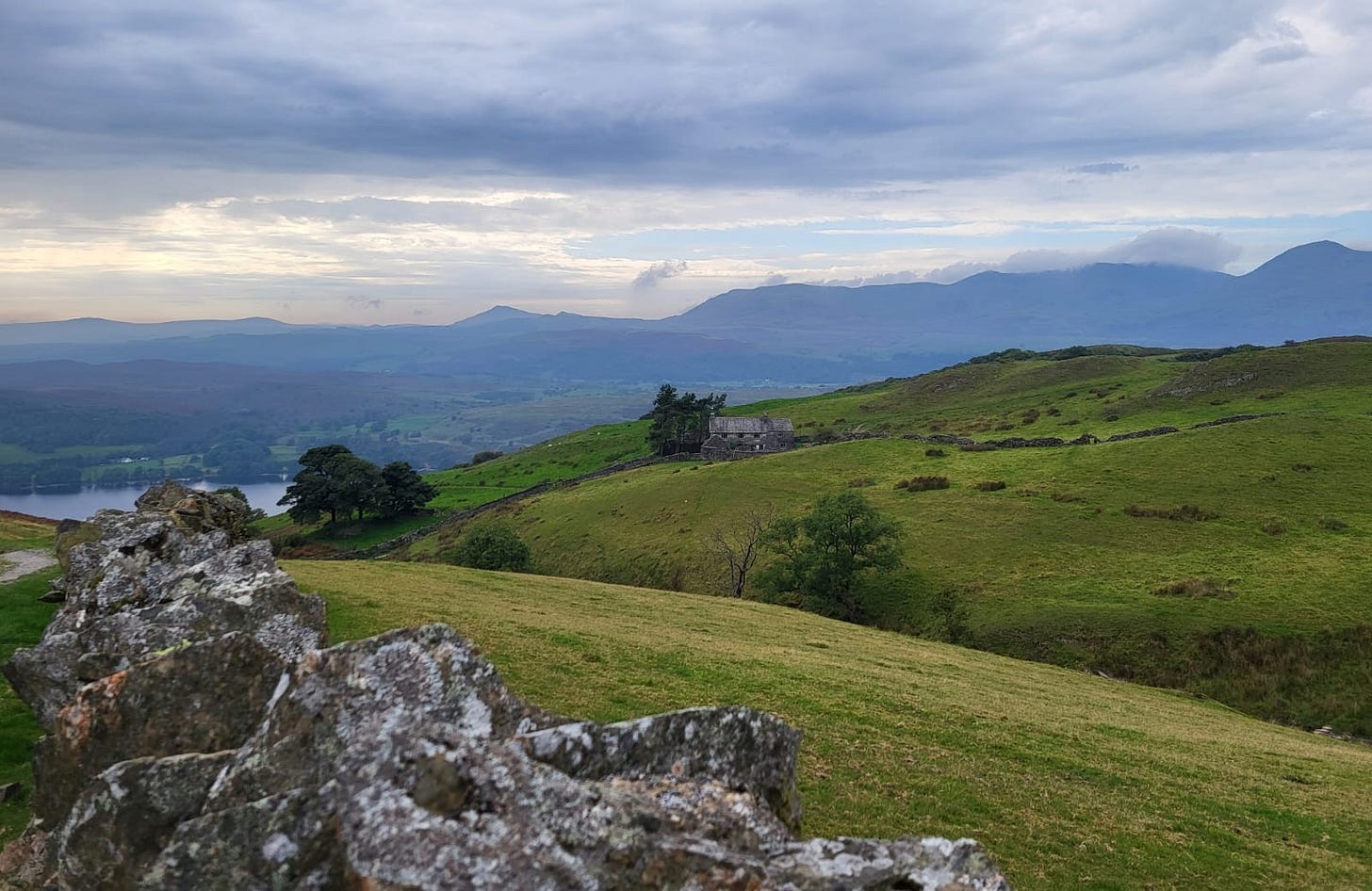
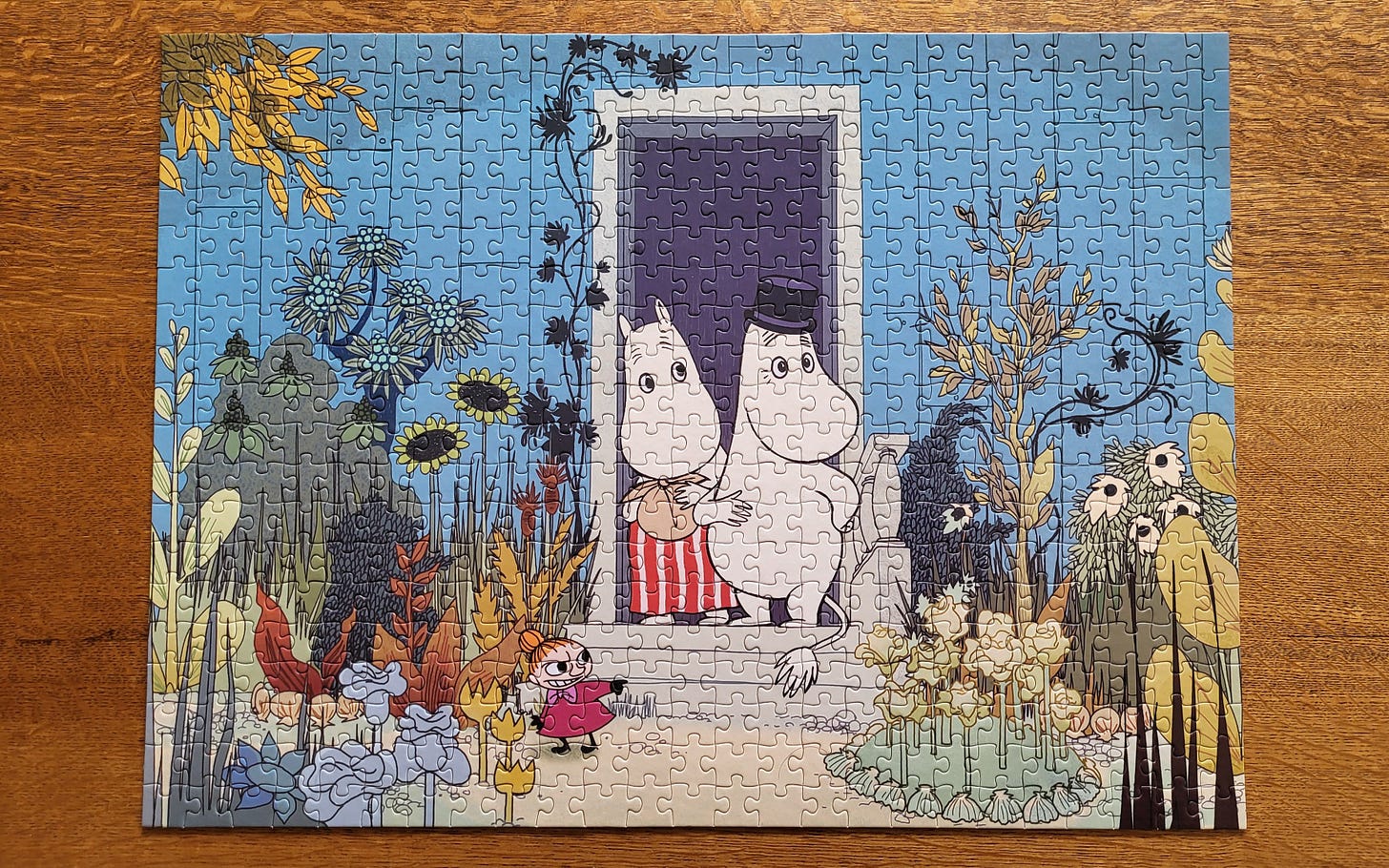
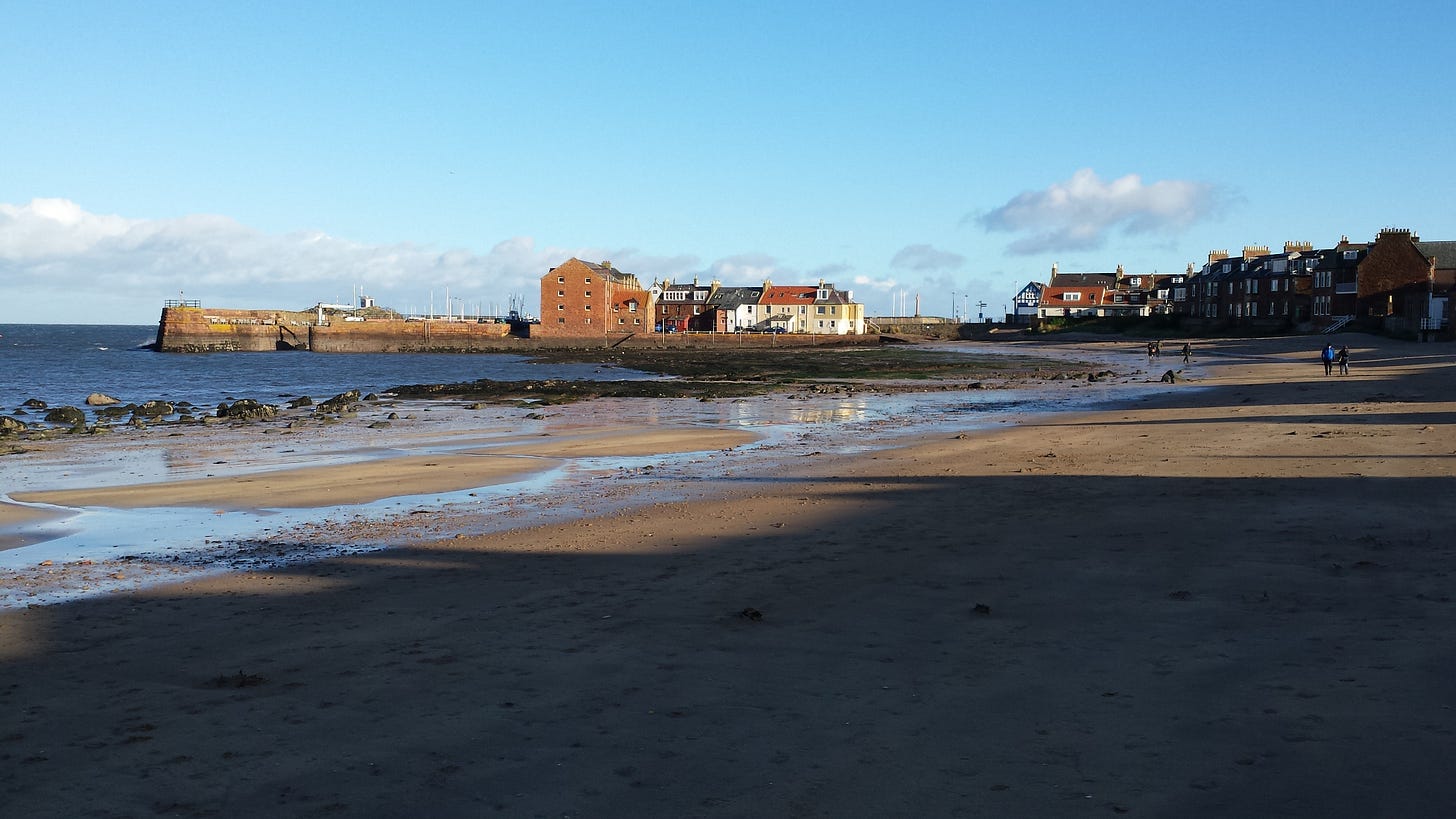
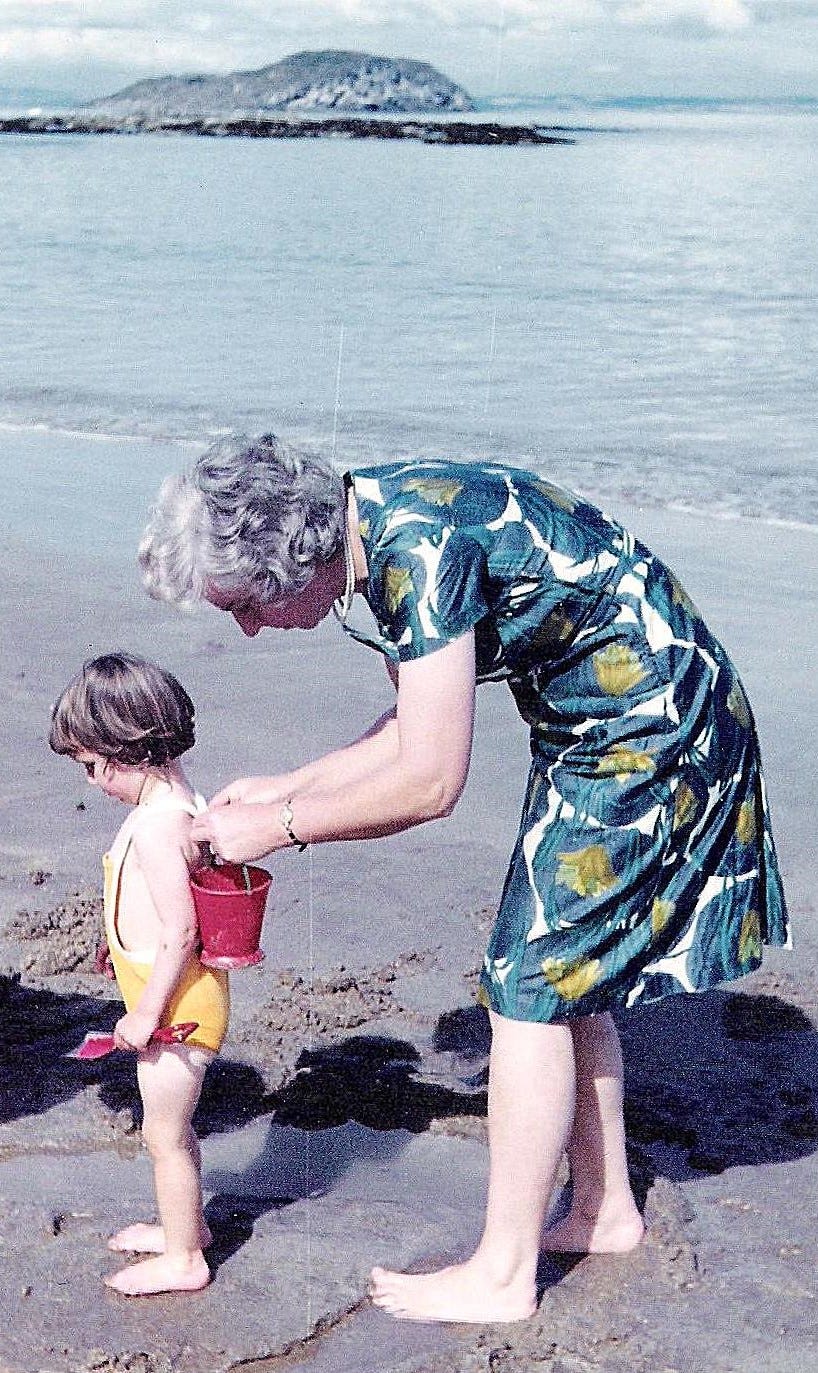
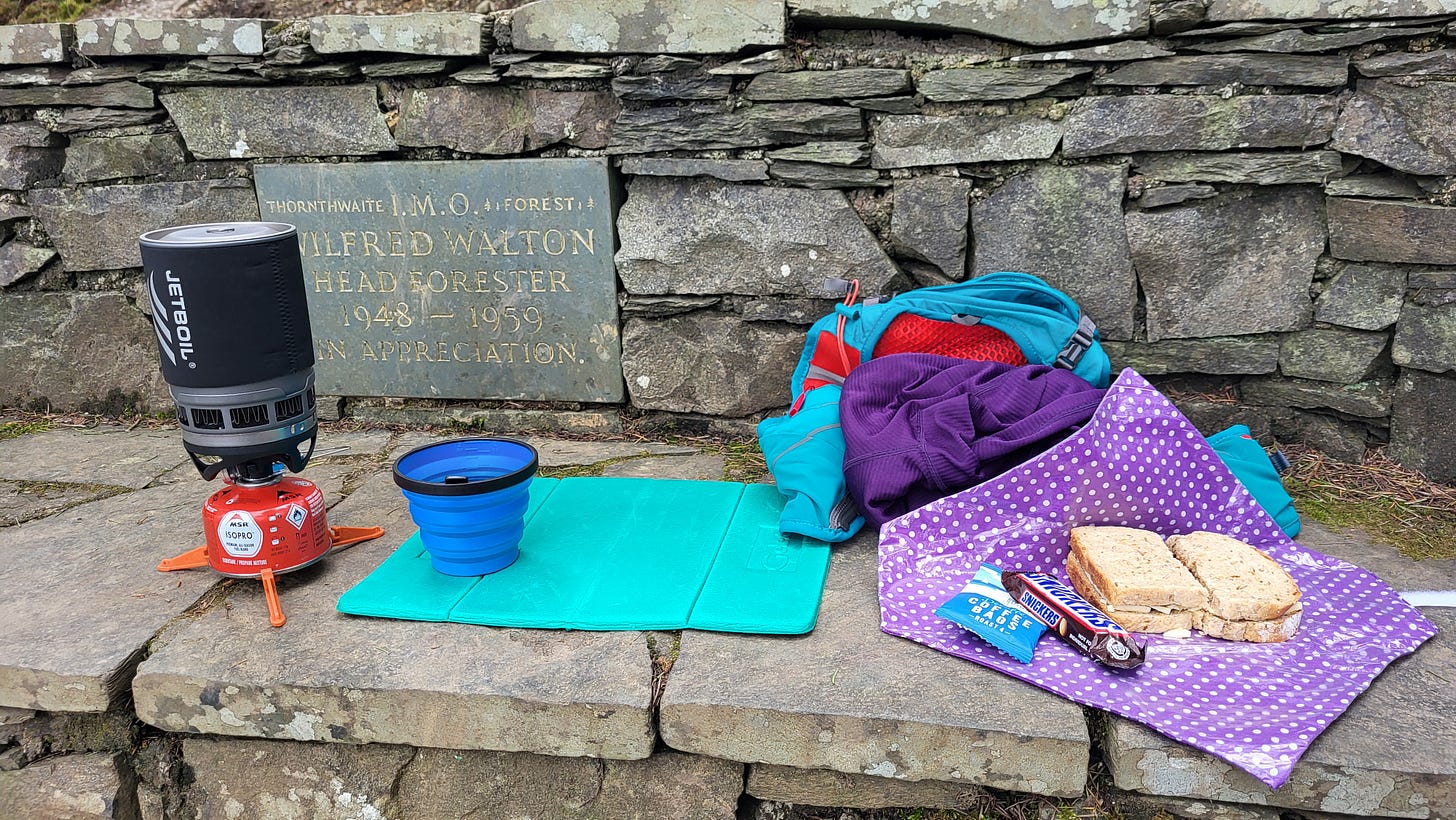


Really enjoyed reading this. Thank you Alex and Bonnie. I've just reserved Only Here Only Now from the library.
So much beauty in this, thank you. I'm particularly struck by your thoughts on home - I've never really felt home anywhere, but feel an acute sense of longing for the place I was born and lived for my first six years. Perhaps, of course, it's the child I'm longing for but the place seems to light a spark in me.
I love your book recommendations too!